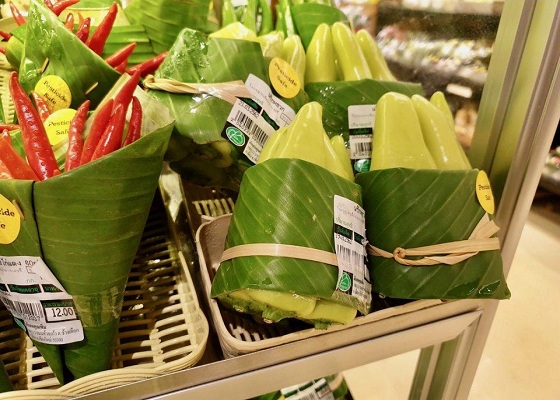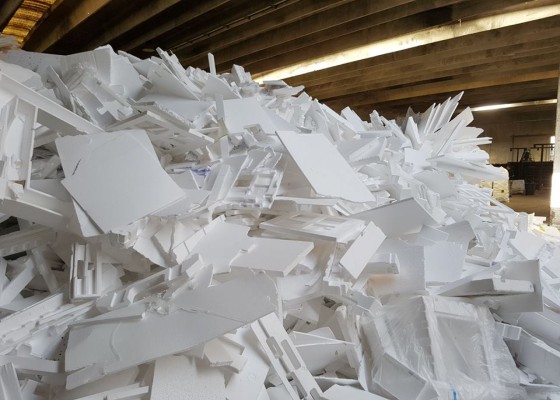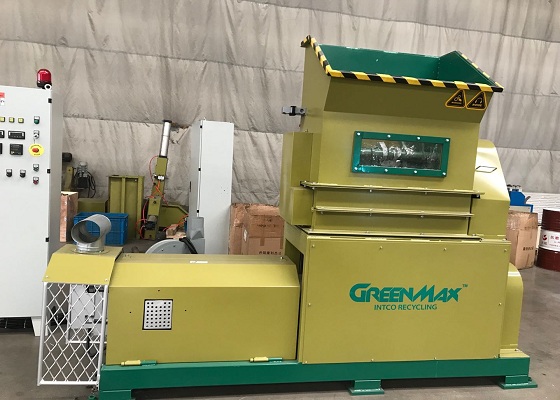Thailand generates 1.03 million tons of polystyrene waste per year, with over 3% of that into the ocean, Affected by China’s “green fence” policy, Thailand has also begun to take measures to deal with polystyrene pollution in the country. Recently, the Thai farmer’s market began to use banana leaves to package food and reduce the use of polystyrene.

Finding alternatives to polystyrene is a hard work all over the world. Because this is a good way to solve polystyrene pollution fundamentally, but unfortunately, no new materials can be found that can completely replace polystyrene. Therefore, in food packaging, Banana leaves can be used instead of polystyrene. In other respects, people still have difficulty leaving polystyrene.
But in addition to finding alternatives, there is also a polystyrene recycling method that can effectively reduce polystyrene pollution. Recycling in Thailand the national recycling rate is around 30% and is handled mainly by the informal sector, private companies dominate polystyrene recycling. For example, polystyrene manufacturers, recyclers, fishermen and other large quantities of polystyrene users.

They will choose the GREENMAX professional polystyrene densifier machine for recycling. The GREENMAX machine uses a screw-melting technique to compress plastic at a 90:1 ratio to form a plastic ingot. The simple operation and high compression ratio help to reduce the storage space of plastic waste and improve transportation efficiency, which is very helpful for reducing the cost of plastic recycling.

In addition, after recycling polystyrene, these polystyrene ingots can be sold as commodities. They can be sold to end markets such as wood-based materials manufacturers to convert waste into profits. This is the reason for companies have chosen GREENMAX machines to start recycling polystyrene.